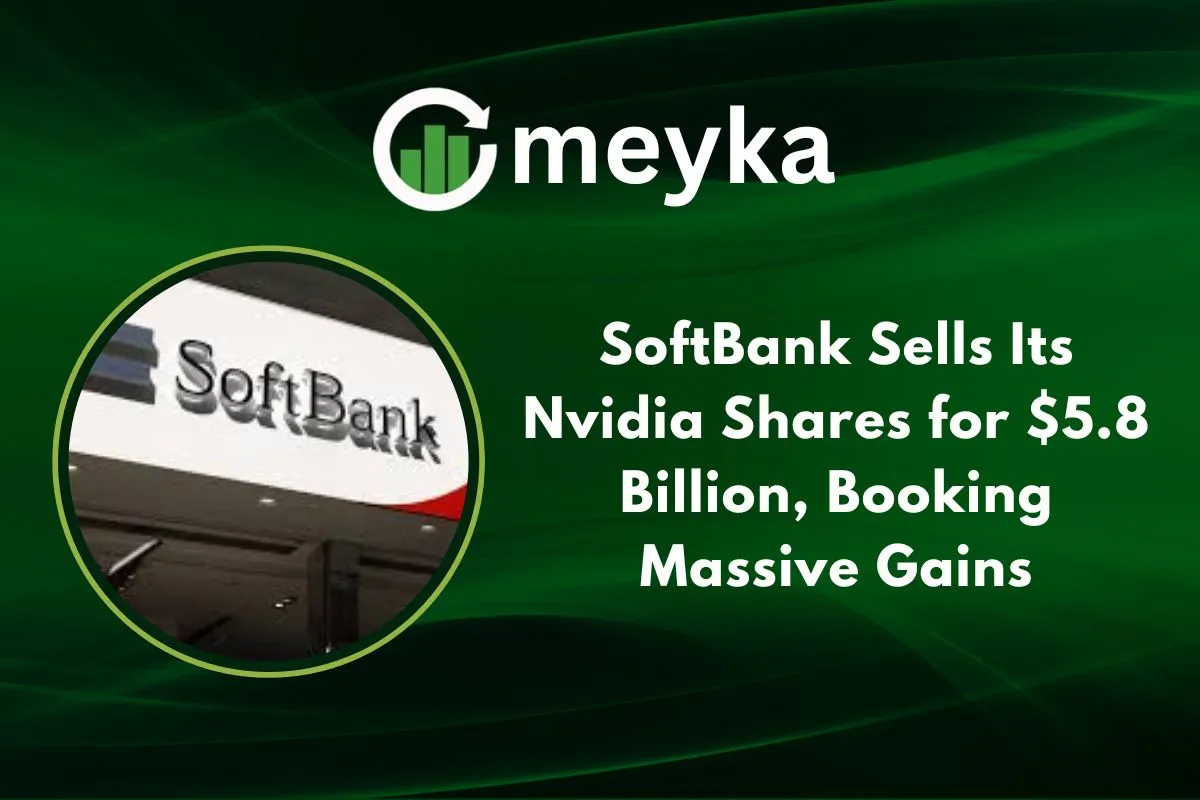SoftBank Sells Its Nvidia Shares for $5.8 Billion, Booking Massive Gains
We begin with a bold move: SoftBank Group Corp. said it sold all of its shares in Nvidia Corporation in October for about US $5.8 billion. This isn’t just a simple trade. It shows how SoftBank is reshaping its strategy in a world racing ahead in artificial intelligence (AI) and chips. We’ll explain why they did it, how much they earned, and what this means for SoftBank, Nvidia, and the broader tech‑investment scene.
Continue Reading on Meyka
This article is available in full on our main platform. Get access to complete analysis, stock insights, and more.
Read Full Article →





